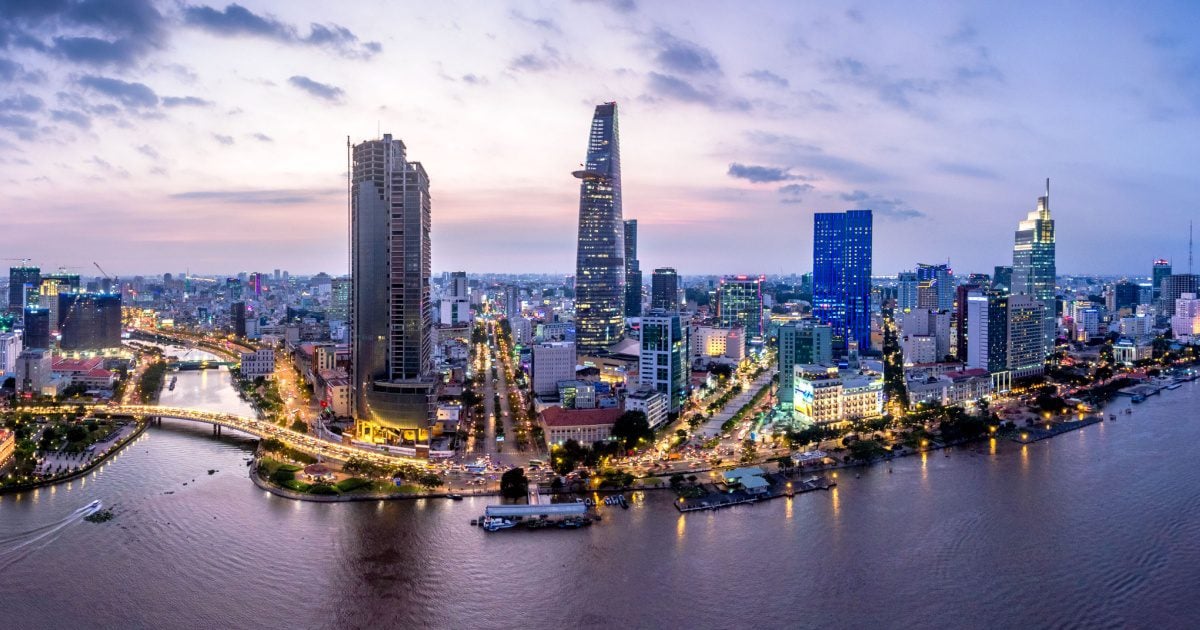
As the COVID-19 restrictions strain the global market, more people are willing to shop online. In Hong Kong, PwC Hong Kong revealed that the value of online retail sales in 2022 was a 21% jump year-on-year, making up 10% of total retail revenue. This trend is predicted to continue as we step into the new normal.
But with a gamechanging model reaching the e-commerce market a few years ago, a new wave of on-demand services has taken form in the realm of payment gateways. The number of consumers looking to buy products first and pay for them later is ever-increasing globally. The Worldpay 2022 Global Payments Report even forecasts that the buy now, pay later feature - or BNPL service - will grow substantially by 2025. Already worth $157 billion in 2021 and representing 2.9% of global transaction value worldwide, it is expected to surge to 5.3%, or a staggering $438 billion - driven largely by high market demand in North America and Europe.
Indeed, the buy now, pay later financing model, also termed as shop now, pay later, was popular but received an even more considerable boost during the COVID-19 pandemic. According to Future Market Insights, with lower household incomes and reduced availability of bank loans due to the volatile economic environment, BPNL provided many with a conducive solution to make payments – in affordable instalments. The significant increase in adoption over the pandemic is, therefore, unsurprising.
What makes the buy now, pay later so popular?
Arguably, buying products in equal instalments has made BNPL a preferable payment method both online and at brick-and-mortar stores. With services like Atome offering interest-free instalments, businesses leveraging BNPL have a higher chance of attracting more customers who want greater flexibility in making payments. According to a survey by Insider Intelligence, a staggering 70% of customers increase their spending when using BNPL services, creating a lucrative opportunity for retailers.
BPNL also addresses the debt that can arise with the use of credit cards – with regular instalments fixed and approved by both parties, customers can better plan their budgets each month. Alongside a significantly shorter processing time and 0% interest compared to credit cards, the buy now, pay later function is undoubtedly a more suitable payment method for those who prefer clarity, efficiency, cost-effectiveness and greater control when shopping online.
Buy now, pay later in action – a ticket to the global market
North America is the leading user of BNPL services, followed by Europe. According to Coherent Market Insights, iIn Asia Pacific, adoption rate has grown significantly over the past few years, facilitated by a higher mobile penetration rate with most BNPL payments made from the mobile phone. Institutions in Hong Kong have also jumped on the bandwagon to provide more flexibility to customers. For instance, Livi Bank’s livi PayLater service allows customers to shop online with their mobile wallet and split card transactions across fixed instalments over a period of their choosing, as found by Nikkei Inc.
A major regional player in the BNPL market is the aforementioned Singaporean startup Atome. The company has a free mobile app that offers BNPL payment solutions for brands like Charles & Keith, Agoda, and Zara. Customers can quickly split their bills into three equal payments over two months without paying interest and service fees. So far, the BNPL platform has partnered with over 2,000 online and offline retailers. One of its most recent e-commerce ventures is the partnership with Trip.com, giving travellers the freedom to explore with flexible deferred payment options available through Atome at checkout on both their mobile app and website.
Other regional fintech leaders like Pace Enterprises have even extended their omnichannel payment solutions to luxury goods, travel, and tourism. In 2021, the BNPL provider inked a partnership with Valiram, as reported by Digital News Asia. It allowed the company's customers to split their luxury purchases from brands like Michael Kors and Victoria's Secret over three interest-free instalments.
The company's recent deal with Malaysia's Shangri-La Hotels and Resorts continues the trend, as reported by TechNode Global. Thanks to the solution, residents, and tourists can now use the payment option for hotel stays, dining, and wellness services. This means more customers can enjoy a luxury getaway with more affordable modes of payment.
With the international expansion of BPNL, businesses leveraging the payment option have a greater pool of customers to cater to, ultimately establishing revenue streams beyond borders.
DHL Express as a facilitator of on-demand solutions
Introducing buy now, pay later for your business is only the first step to catering to customer’s diverse needs and preferences. Paying attention to what goes on along the cross-border last-mile journey helps you ensure a seamless shopping journey. Provide greater flexibility to your customers with on-demand delivery options where customers can choose how they wish to receive their parcels, whether that involves putting the delivery on hold while they are on vacation or choosing a pick up option at any of our DHL Express ServicePoints. Why not create an account with DHL Express and find out how to supercharge your customer’s experience when they shop with you?











